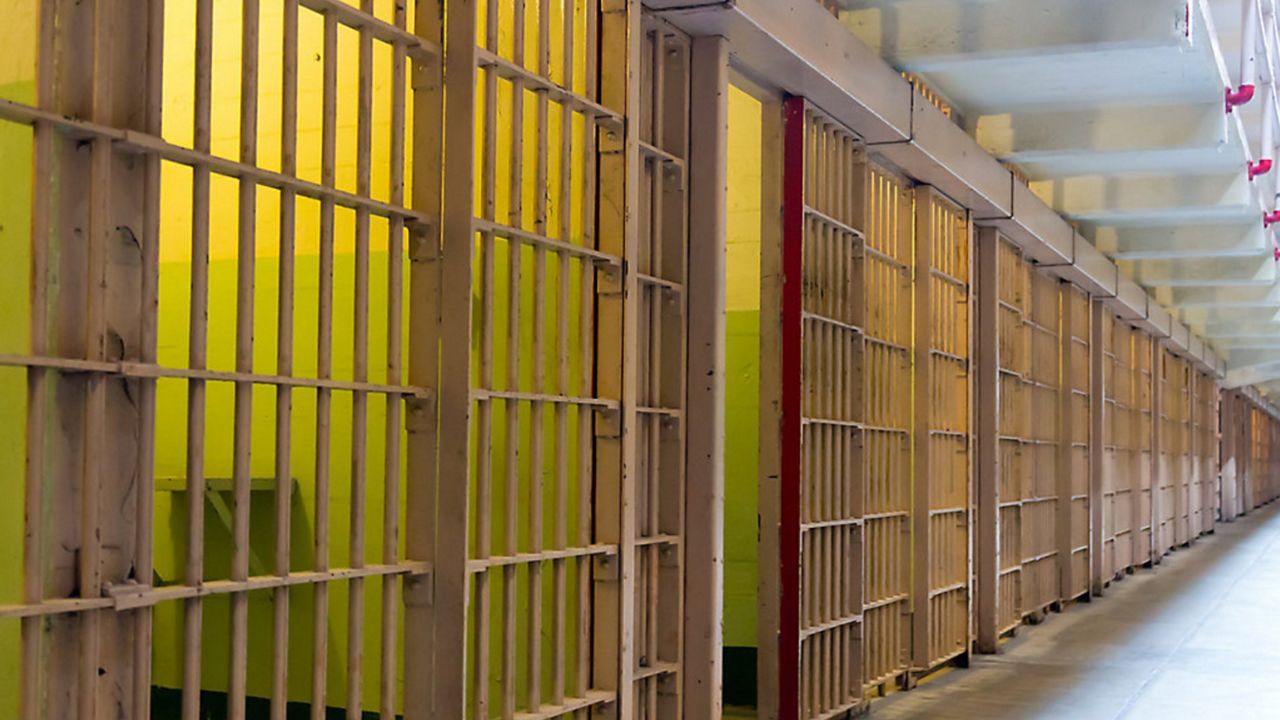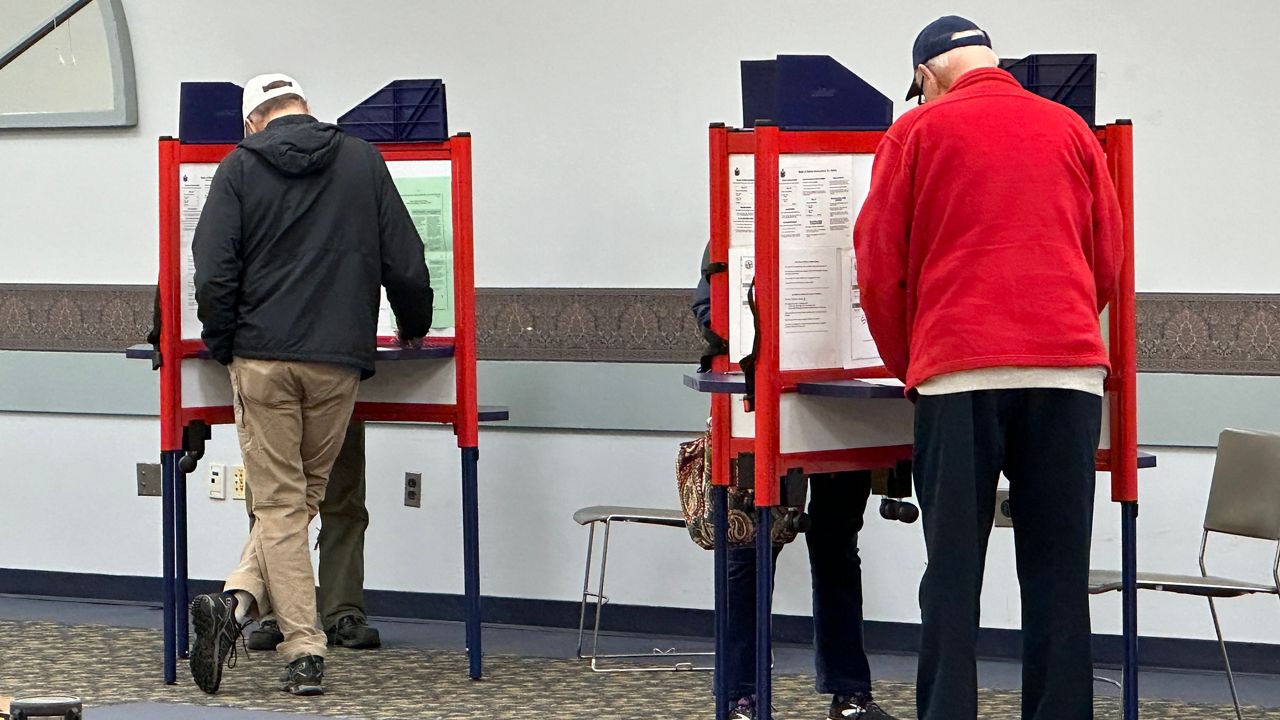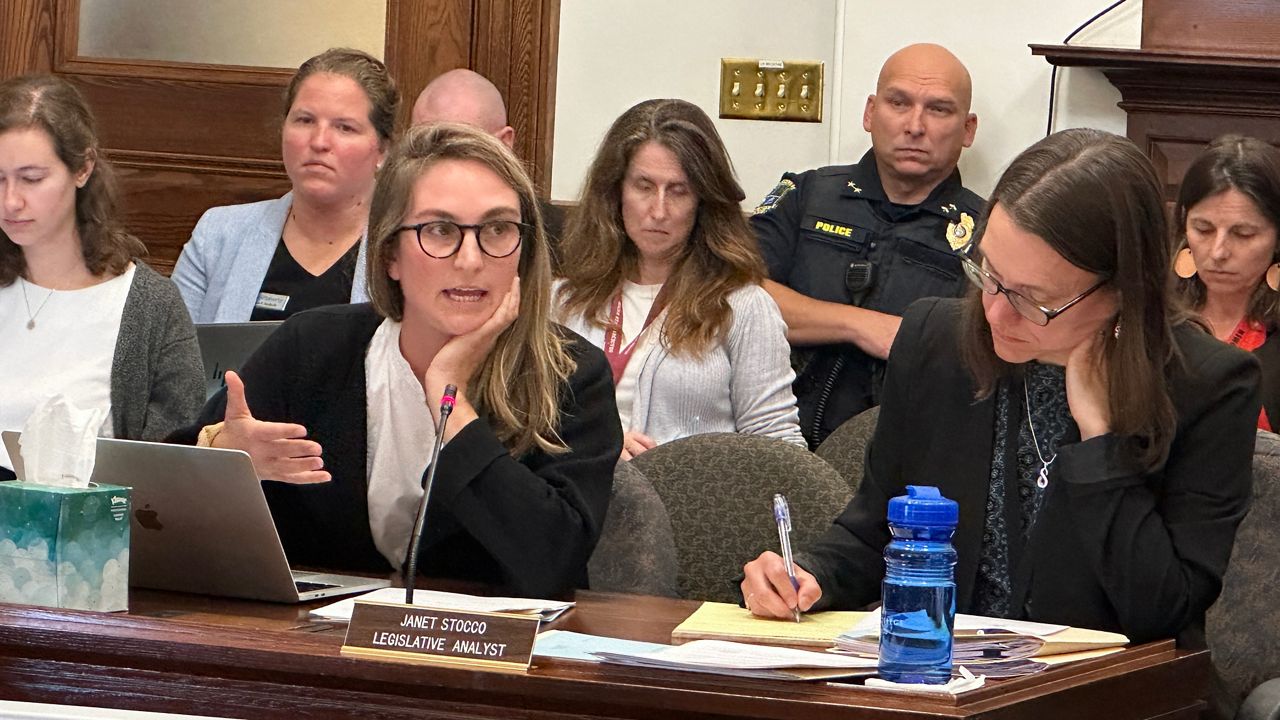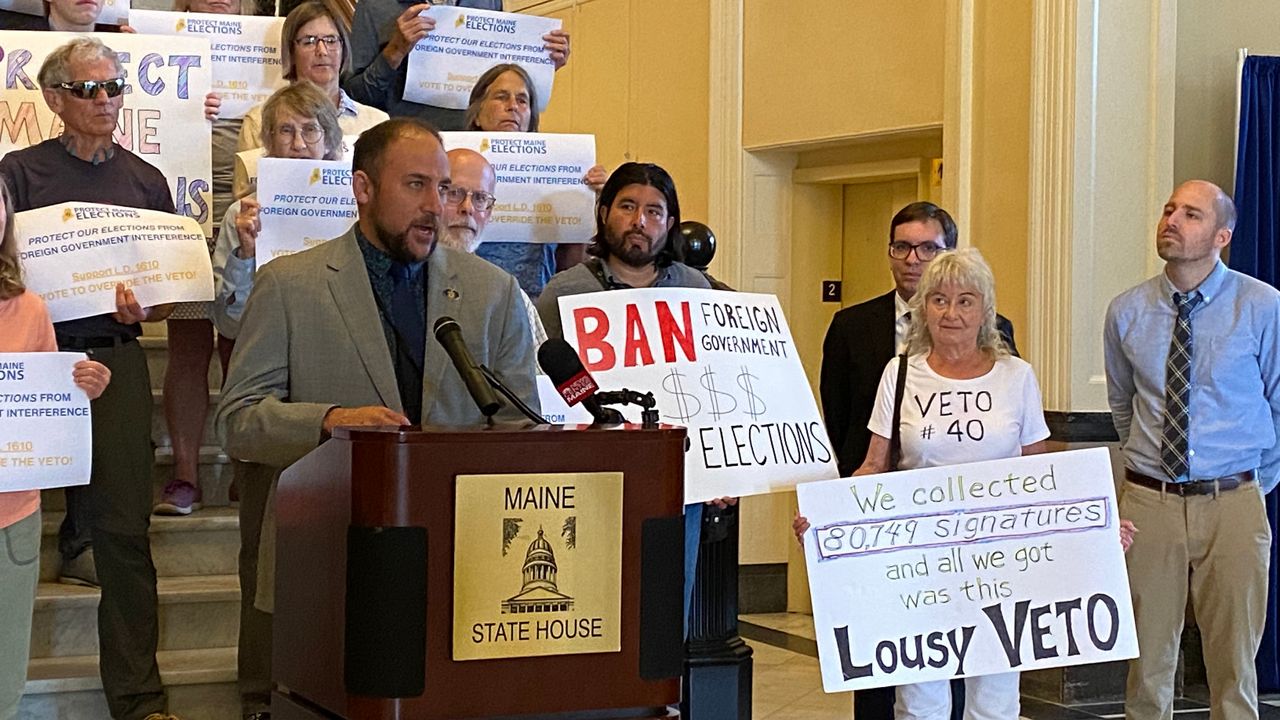Concerns about whether attorney-client calls are being recorded makes it hard for inmates to trust the legal system, the head of a state commission that oversees legal help for the poor said Wednesday.
“When I talk to counsel and when I talk to clients in our system, the chilling problem is serious, it’s real, it’s not hypothetical,” Justin Andrus, director of the Maine Commission on Indigent Legal Services, said. “People are really not able to safely communicate with their attorneys because they cannot yet trust the system.”
His comments came at the first meeting of the Committee to Ensure Constitutionally Adequate Contact with Counsel, a legislatively created panel charged with finding solutions to what Andrus described as a rare, but serious, problem.
At some county jails, inmate calls with attorneys have been recorded and turned over to prosecutors, a violation of state law and the U.S. Constitution.
Andrus said he doesn’t have exact numbers on the scope of the problem, which was uncovered by The Maine Monitor, a nonprofit, nonpartisan news service.
Through a series of investigative stories, The Monitor discovered that four county jails — Androscoggin, Aroostook, Franklin and Kennebec — recorded nearly 1,000 attorney-client calls between June 2019 and May 2020. Some of those recordings were shared with police and prosecutors before trial, according to the news service.
Most inmate calls are recorded to help protect the public, York County District Attorney Kathryn Slattery said during the meeting. It’s up to inmates and attorneys to give attorney phone numbers to jail officials, who then log them in so they are not recorded.
But other recorded inmate calls provide useful information.
“Oftentimes we are able to prevent future crimes,” said Slattery, who represents the Maine Prosecutors’ Association.
Slattery and Maine Deputy Attorney General Lisa Marchese said prosecutors don’t want access to the privileged calls.
“We don’t want these calls,” Marchese said. “Most prosecutors understand their obligations if they were to inadvertently come into possession of these phone calls.”
Those obligations include notifying the defense counsel and the court, Slattery said. She said her office does not have a written policy outlining best practices but the instances are documented when they happen.
The 16-member committee, which includes prosecutors, defense attorneys, law enforcement, civil liberties advocates and a prisoners’ rights organization, has until Nov. 2 to come up with recommendations to improve the system.
Several of the questions from committee members on Wednesday involved training protocols for attorneys, investigators, detectives and others who may have access to inmate phone calls. Others emphasized the need for attorneys to make sure that their phone numbers are on file with the jail so their calls are not recorded.
Maine Department of Corrections Commissioner Randall Liberty, a former Kennebec County sheriff, said when new inmates arrive at a county jail, they are given the opportunity to register their attorney’s phone number with jail officials. But he also described the intake process as the emergency room of the criminal justice system.
“People are coming off alcohol and drugs and tobacco and caffeine,” Liberty said. “They are newly arrested and their life has just been turned upside down. People with mental health and substance use disorder. All happening at intake. It’s very chaotic.”
Liberty also noted that staffing shortages are troubling, particularly at county jails. He did not have exact figures on shortages in the county or state system, but said he would attempt to provide them at a future meeting.
Committee members also asked for copies of forms that are given to new inmates, information about what kinds of accommodations are made for attorneys who want to meet with clients in-person and copies of written policies about jailhouse recordings.
Committee legal analyst Jane Orbeton, who often requests information from county jails while working with the Legislature’s Criminal Justice and Public Safety Committee, said getting information from the 15 county jails is difficult.
“They are not regulated entities and they all conduct their business differently,” Orbeton said. “It’s rare … that I make a request to the jails and get a response from all of them.”
The committee will meet again Sept. 21, the second of four scheduled meetings.






)

